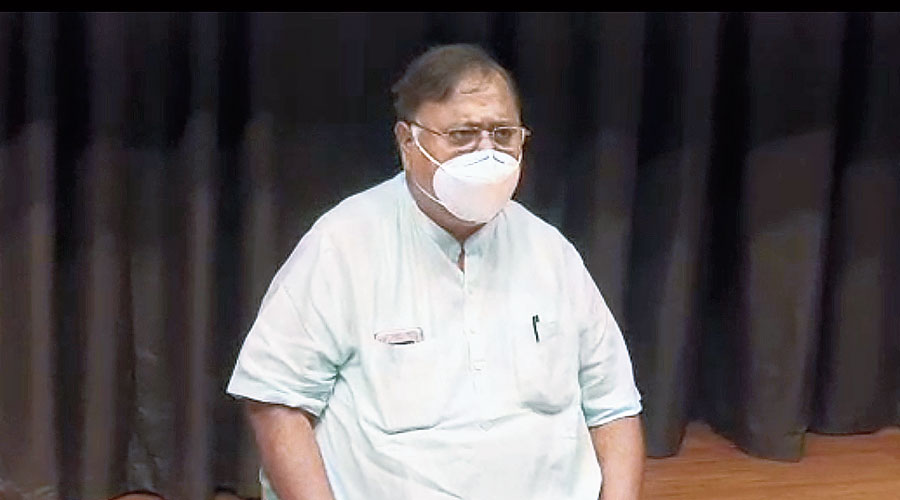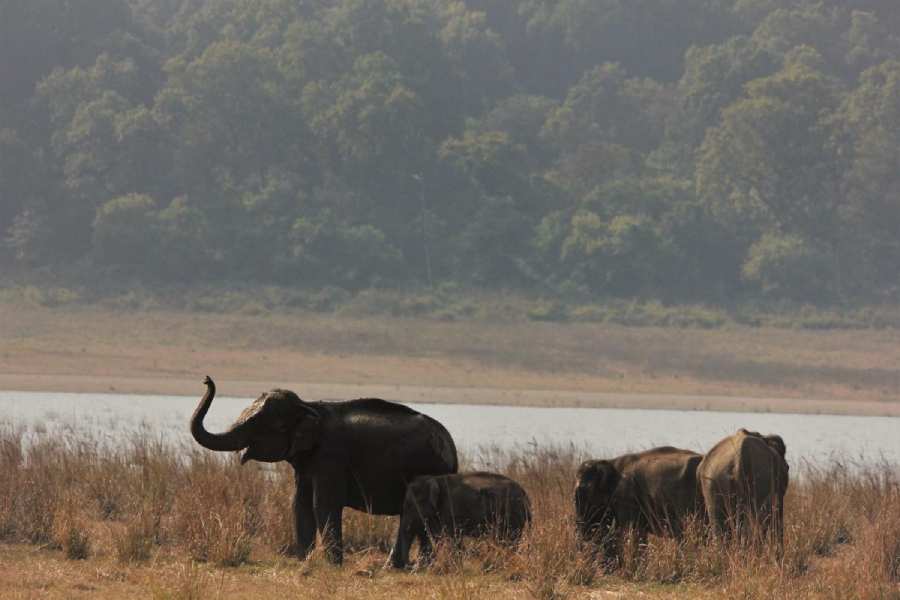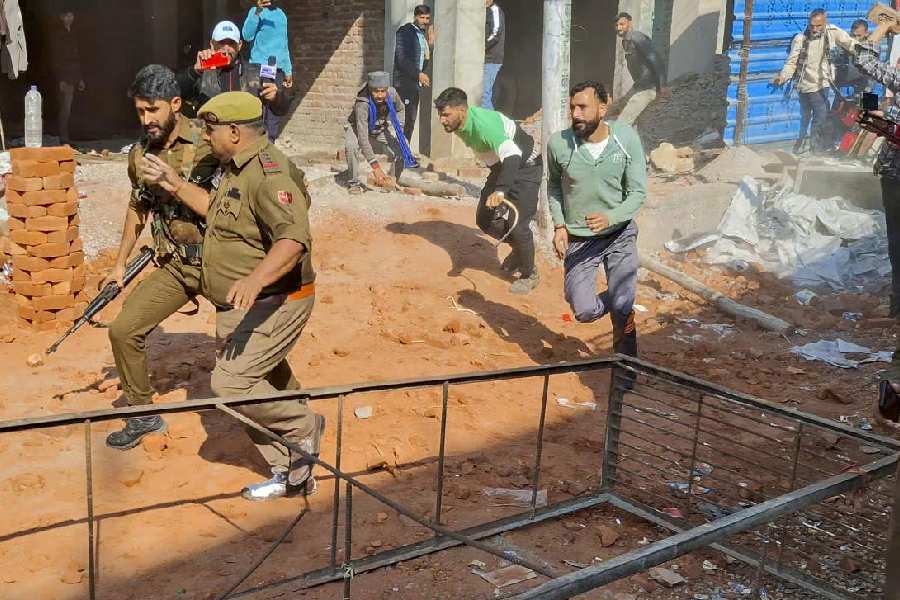Colleges and universities in Bengal will not reopen for in-person classes in the ongoing semester that will end in March, education minister Partha Chatterjee said on Wednesday after a meeting with vice-chancellors.
Several VCs opposed the resumption of in-person classes at this point of time on the ground that they were not sure whether the physical distancing norm, a key precautionary measure against Covid-19, could be followed in hostels, where each room is shared by multiple students.
“The vice-chancellors unanimously suggested that the classes of the ongoing odd-semesters (first, third, fifth and seventh semesters at the undergraduate level) be held online. We have accepted their suggestion. The semester will end in March,” Chatterjee said after the meeting.
“The vice-chancellors are not willing to reopen hostels. They told us they won’t be able to reopen the hostels following the Covid protocols.”
An official of the education department said the VCs would inform them in early April whether they are open to holding classes on the campus for the even semesters, which will start the same month.
“The vice-chancellors said they will take stock of the situation in April and inform us,” said Chatterjee.
A VC said they flagged their concern about hostels because they lacked the infrastructure that could ensure each room is allotted to one occupant, which the UGC had recommended in its campus reopening guideline issued in November.
“None of the state-aided universities has a hostel where each room can be allotted to one student. At least three students share each room. Since students from districts, other states and even from abroad study at the universities, they will require accommodation if in-person classes are allowed. Therefore, we objected to resumption of in-person classes at this juncture,” the VC said.
Education department officials said Chatterjee sought to know from Calcutta University’s pro-VC (academic) Ashis Chatterjee how CU could reopen laboratories for postgraduate students in the absence of any directive from the higher education department.
Chatterjee represented CU, instead of VC Sonali Chakravarti Banerjee.
“The minister told the pro-VC that CU cannot take decisions in isolation. It is up to the university to decide what they will do now,” said an official of the department.
Repeated calls to Chatterjee went unanswered. The minister, too, did not answer calls from Metro.
CU had reopened labs for practical classes on January 18.
The minister said at the meeting that the colleges and the universities had developed expertise to hold classes on digital platforms.
Anil Bhuimali, the VC of Raiganj University, said he told the minister about the requirement of funds for holding classes on digital platforms.
The Telegraph had on October 10 reported that the university had sought Rs 57.05 lakh from the education department to create e-resources and buy smartphones for students who could not afford them so they could attend classes on digital platforms.
“I referred to the application that was sent to higher education secretary Manish Jain in October. Many of our students lack devices,” Bhuimali said.
The minister said after the meeting: “Many universities are helping students attend online classes. I have asked (education department officials) to help the universities who lack resources."
The decision to keep the colleges and universities shut for in-person classes came a day after the minister said schools in Bengal would reopen from February 12 for students of Classes IX to XII.











